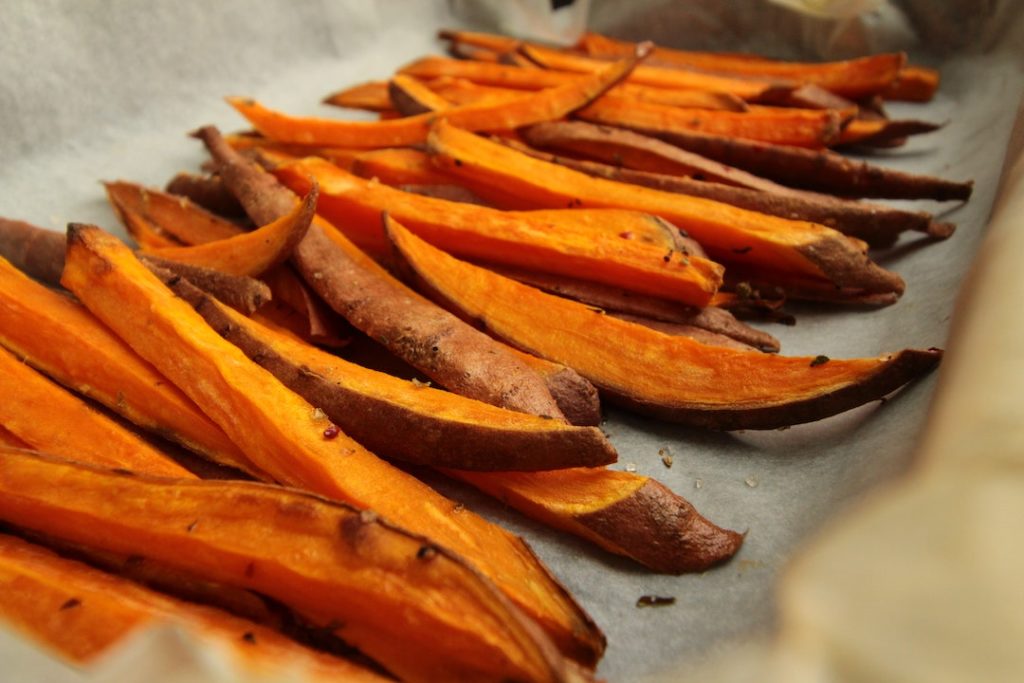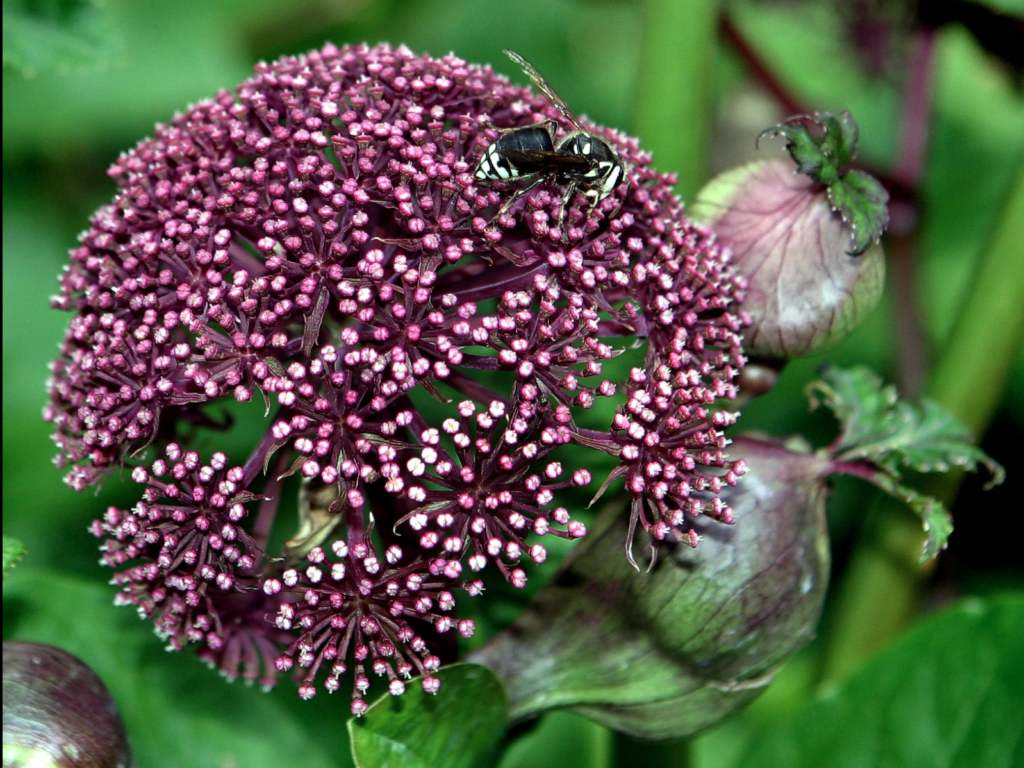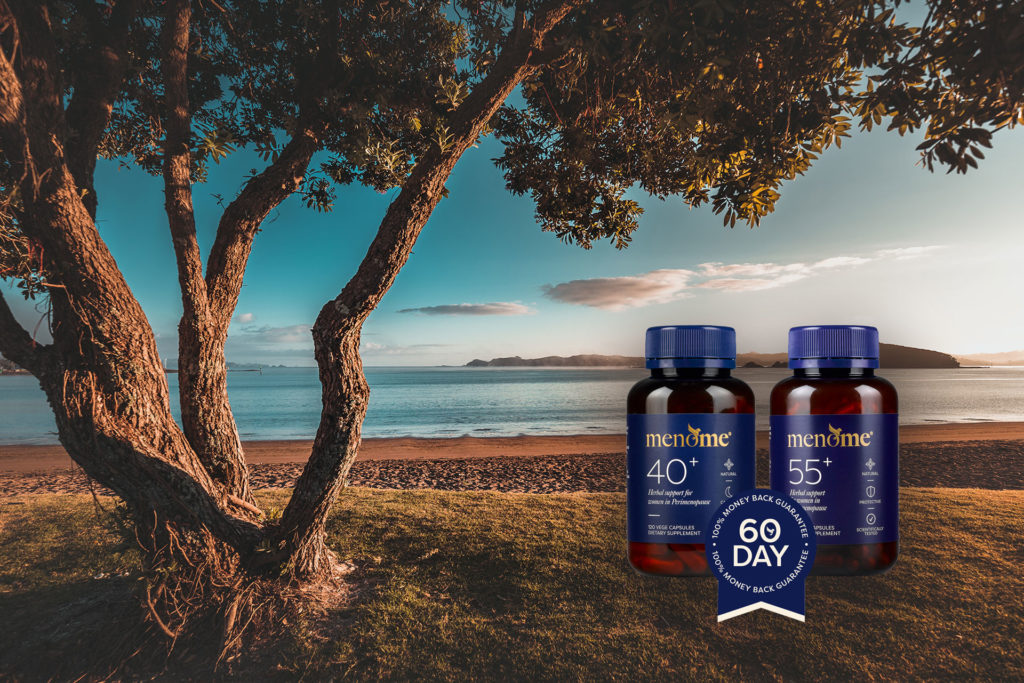8 Natural Ways to Support Yourself in Your Menopause Years

For those of us who experience symptoms of perimenopause / menopause and post-menopause life can be challenging at times, the symptoms can be a literal pain in the proverbial. 😉
BUT. Yes – hallelujah – I have a lovely but for you! There are some natural and simple steps you can take to help reduce your signs.
1. Reduce your intake of refined carbohydrates
Women in the menopause years are going through a myriad of physiological changes. As a result, it becomes more difficult for our bodies to process refined carbohydrates. These are the ones with their fibre and nutrients removed – particularly white rice and pasta. A recent study published in the Journal of Epidemiology and Community Health showed that a diet high in these products was likely to coincide with menopause occurring one and a half years earlier than average. Indeed, there are a lot of reasons we don’t recommend refined carbs. They cause major swings in blood sugar levels, which can promote hunger followed by tiredness (we don’t want any more of that do we ladies?). And they increase our risk of heart disease and Type 2 diabetes.
That said, not all carbs are bad news so don’t go cutting them out completely. Oats, bananas, sweet potatoes (kumara to Kiwis!) are our friends. 😊
And the bonus of getting rid of refined carbohydrate foods? More energy, a general feeling of wellbeing and (probably) weight loss.
Related Post
2. Maintain a healthy weight
Before you groan, I absolutely know this is a bugbear for many women during the menopause years. And it’s very common to put on weight during menopause, particularly around the tummy area. Your body shape will probably change during this time but you can maintain a healthy weight. It comes down to tweaking a lot of what you eat and how you exercise. Focus on whole foods, lots of vegetables and no hard out exercise that sets off your stress levels but things like walking and consistent resistance training.
Related Post
3. Eat more vegetables
Vegetables are packed with nutrition and your body doesn’t have to work too hard to digest them (unless you have a health condition that disagrees with this statement). The truth is, the oft-heard mantra to ‘eat the rainbow’ rings true. As a result, colourful vegetables should infuse your body with vitamins and minerals which leads to better moods – something we all need during the menopause years, stronger bones and all-over better health. A reduction in estrogen can lead to an increase in the incidence of a lot of health issues so robust health becomes more important than ever.
Related Post
4. Eat more phytoestrogens
Phyto means plant, and the estrogens, in this case, refers to naturally occurring weak estrogens in some foods. When you think that the menopause years occur because reproductive hormone levels like estrogen in our bodies decrease it makes sense to eat more phytoestrogens, doesn’t it? They help in a small way to balance our hormones and studies have shown they help with night sweats and hot flushes. So, where do you find them?
Phytoestrogen foods
- Apples
- Carrots
- Edamame beans (soybeans)
- Flaxseeds
- Lentils
- Mint
- Mung Beans
- Oats
- Pomegranates
- Sesame seeds
- Soy milk
- Tofu
- Tempeh
- Wheatgerm
- Yams
Related Post
5. Avoid known triggers
Some food and drinks can trigger signs like hot flushes, night flushes, night sweats and mood swings. These include caffeine, alcohol and spicy victuals like curries and chillies. It’s also a sad fact (but not for our waistlines(!)) that for some of us our customary glass of vino may have to go on hold for a while.
6. Get your thyroid checked
Some women going through the menopause years begin to experience issues with their thyroid. Indeed, this is quite a common malady. One tell-tale sign can be excessive weight gain that you can’t shift easily. While it’s often thought to be ‘middle aged spread’ midlife weight gain is not a given. Although there can be a number of reasons for weight gain it’s helpful to check your thyroid health. The standard test measure thyroid stimulating hormone (TSH) but oftentimes the results may read well however your thyroid is not functioning optimally. Request free T3, free T4 and thyroid antibodies to be tested also for a bigger picture.
7. Some easy tips
Avoid:
- Large meals
- Quit smoking
- Drinking coffee after 2 pm
Diarise:
- Regular walks
- A relaxing pre-bed ritual like a warm bath
- Meditation (try headspace)
- Gentle yoga
While the above may be out of your comfort zone your body and mind will love you for taking up practices like these.
8. Natural support
"40+ and 55+ are very good friends to have on speed dial for life. We’re women, so we often need hormone balancing."
Related Post
Hope that helps. As always if you need any help reach out to us here.















